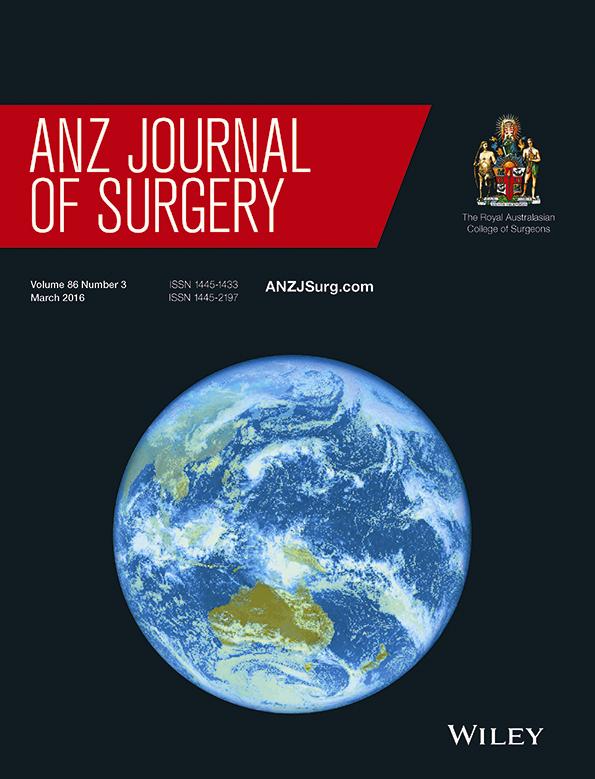Palliative treatment of anal fistulas in Crohn's disease
Abstract
Introduction
Anal fistula in Crohn's disease is frequently an intractable condition. Methods of treatment are still debated because the results of various procedures are unsatisfactory. Available studies show that results can be improved using a combination of surgical and medical methods. Most patients undergo rather palliative than radical, curative procedures such as incision and drainage of abscesses and prolonged non-cutting seton placement. Surgery is combined today with biological therapy using infliximab, a murine-human chimeric monoclonal antibody against TNF-α or adalimumab a human monoclonal anti-TNF antibody to increase the healing process and in an attempt to prevent fistula recurrence.
Methods
Medical records of 23 patients who were treated for anal fistulas in Crohn's disease between 2012 and 2014 were retrospectively evaluated.
Results
There were 10 (43%) males and 13 females. The mean age was 39 years (range 29–60 years). Median duration of CD before present treatment was 6 years (range 1–15 years). Closure of all fistulas in 6 months was achieved in eight (35%) patients, whereas reduction of at least 50% from base line in the number of draining fistulas occurred in four (17%) patients.
Conclusion
Palliative and combined therapy for anal fistulas in Crohn's disease with surgery and infliximab or adalimumab therapy is an effective treatment for some patients.




